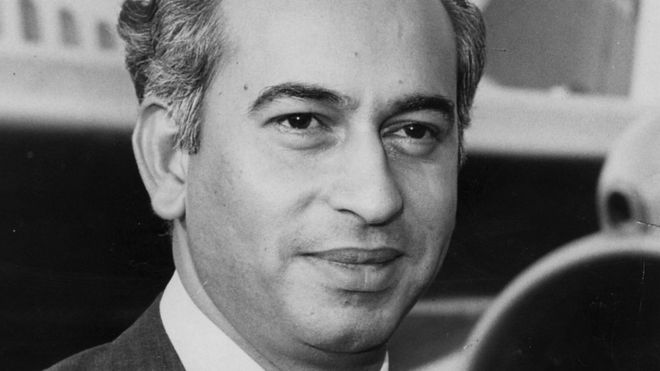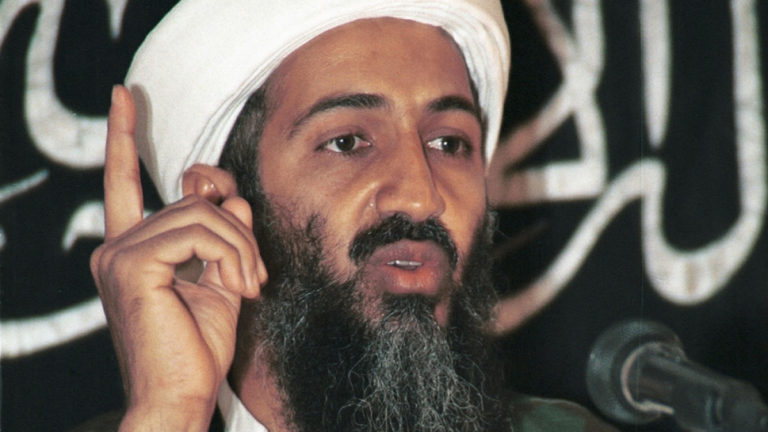Pakistan’s Former Prime Minister Hanged in 1979
On April 4, 1979, Zulfikar Ali Bhutto, the former Prime Minister and President of Pakistan, was executed by hanging after being convicted for authorizing the murder of a political opponent. His death marked a defining and deeply controversial chapter in Pakistan’s political history.
Bhutto, a charismatic and polarizing figure, founded the Pakistan People’s Party (PPP) and led the country from 1971 to 1977. His tenure saw major reforms, including the nationalization of industries, land reforms, and the crafting of Pakistan’s 1973 Constitution. He played a key role in rebuilding the country after the 1971 Bangladesh Liberation War, re-establishing national morale and nuclear ambitions.
However, his administration also faced accusations of authoritarianism, election rigging, and suppressing opposition. In 1977, General Muhammad Zia-ul-Haq led a military coup that deposed Bhutto. The following year, Bhutto was tried and convicted for the alleged conspiracy to murder Nawab Mohammad Ahmad Khan Kasuri, a political rival. Despite global appeals for clemency and widespread doubts about the fairness of the trial, the Supreme Court upheld the death sentence.
Bhutto was executed at Rawalpindi Central Jail, sparking protests, international criticism, and deep divisions within Pakistan. Many viewed the execution as a judicial murder orchestrated by a military regime aiming to eliminate a powerful political adversary.
Zulfikar Ali Bhutto’s legacy remains complex—hailed by supporters as a visionary leader and architect of modern Pakistan, and criticized by detractors for his political miscalculations. His daughter, Benazir Bhutto, would later rise to power, continuing the family’s political dynasty.














